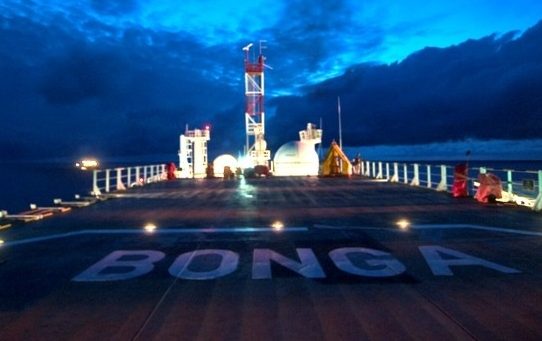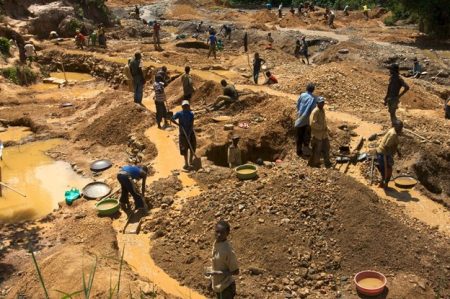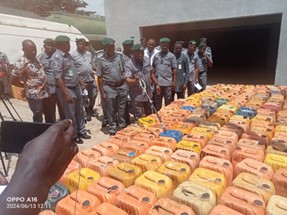 04 February 2014, Lagos – The Nigerian iron and steel sector is being hobbled by a myriad of challenges which has seen most of the privatised steel rolling mills shutting down operations. The challenges range from cheap imports to unfavorable government policies.
04 February 2014, Lagos – The Nigerian iron and steel sector is being hobbled by a myriad of challenges which has seen most of the privatised steel rolling mills shutting down operations. The challenges range from cheap imports to unfavorable government policies.
The Minister of Mines and Steel Development, Mr Musa Sada, in his presentation during a one-day stakeholder forum organised by the steel ministry and the federal ministry of Industry Trade and Investment in Lagos hinted that out of the four steel rolling mills privatised in the country about seven years ago, only one is functioning.
Sada’s presentation stated that only Katsina Steel Rolling Mill bought by Dana Group in 2006 is currently producing, while the others are completely shut.
The nonfunctioning steel rolling mills include the the Zuma Steel rolling mill in Jos, Delta Steel Company and the Oshogbo Steel Rolling Mills bought by Dangote Group.
Confirming the hint from the federal government, an employee of one of the three moribund steel mills told THISDAY that the government and its lopsided policies are to blame for the slow death of the steel factories.
“How do you expect these companies to survive when massive importation of steel products into the country is the order of the day?” he queried.
“If government wants local steel factories to function then it must put its money where its mouth is and curb the unbridled importation of steel products into the country or manage the tariff in such a way that local producers can compete in the market,” he added.
The federal government warned earlier that the country may be unable to achieve the 15 million tonnes per annum capacity of local steel production set for the year 2020 in the nation’s drive to revamp the iron and steel industry.
Sada believes that if activities in the iron and steel sector continue as it is currently being operated, it would certainly be unable to attain the 15 million tonnes per year target of locally manufactured steel, set for seven years from now.
Loathing the fact that Nigeria, at the moment, imports about 17 million tonnes of steel yearly and produces only 2.5 million tonnes locally, the Mines and Steel minister stressed that the situation was more wasteful because the country possesses over 2 billion tonnes of iron ore deposit, as well as over one trillion tonnes deposits of coal, a major ingredient in the production of steel.
Stressing the importance of mines and steel to the advancement of the nation’s economy, Sada said steel is expected to remain the world’s most important engineering material for some time to come.
He pointed out that backward integration is very important in steel production saying that over 2 billion tonnes of iron ore deposits occur in various locations across the country while 1 trillion tonnes of coal resources occur in 13 states of the federation creating enormous potentials for Nigeria’s steel and metal industry with ever growing domestic market and access to neighbouring West African markets.
Sada said the Nigerian iron and steel sub-sector involved privately owned steel plants that use 100 percent scrap metals as raw materials.
There are several private foundry companies operating at low capacity, cold rolled steel mills that depends on the use of imported hot rolled coils as feed stock showing the huge gap that exist in the nation’s steel industry.
He highlighted the major problems facing the steel industry as including Nigeria’s annual importation of about 17 million tonnes of assorted steel and allied products; local steel production being only from 100 percent melting of scrap metals and also added that the issue of quality was a major concern.
The Mines and Steel minister added that low productivity due to limited steel mix; little activities in the upstream section of the value chain resulting in under exploitation of iron ore reserves and lack of effective legal regulatory framework to guide the operations in the metal sector were areas of concern hindering the growth of the sub sector and making the 2020 target elusive.
– Crusoe Osagie, This Day



